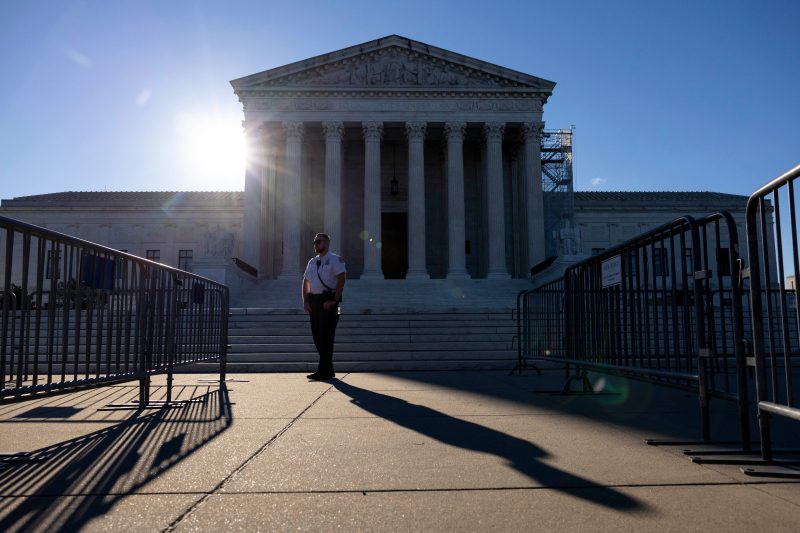The recent announcement of a $30 million gift to fund the creation of a center focused on pushing for a Supreme Court overhaul has sparked discussions and debates across the United States. This significant investment demonstrates both the growing interest in legal and judicial reform as well as the increasing influence of private donors in shaping public policy.
The creation of this new center comes at a crucial time in American politics and jurisprudence. With heated debates surrounding court packing, term limits for Supreme Court justices, and the balance of power within the judicial branch, there is a clear demand for thoughtful and comprehensive analysis of potential reforms.
One key aspect of the center’s mission will be to conduct research and produce reports that examine the historical context, legal precedents, and implications of various proposals for Supreme Court reform. By providing data-driven analysis and evidence-based arguments, the center aims to inform public discourse and guide policymakers in their decision-making process.
In addition to research, the center will also serve as a platform for convening experts, scholars, and policymakers to engage in dialogue and debate on the future of the Supreme Court. Through conferences, workshops, and public events, the center will create opportunities for stakeholders with diverse perspectives to exchange ideas, challenge assumptions, and explore innovative solutions.
Furthermore, the center’s advocacy efforts will seek to mobilize public support for meaningful reforms to ensure a fair, impartial, and effective Supreme Court. Through strategic communication, grassroots organizing, and coalition building, the center will work to build a broad-based movement that advocates for changes that reflect the values and priorities of the American people.
Critics of the center’s establishment may raise concerns about the influence of private donors on public policy, the potential for partisan bias in research and advocacy, and the risks of undermining the independence and legitimacy of the Supreme Court. These are valid points that deserve careful consideration and scrutiny as the center begins its work.
Ultimately, the establishment of this new center represents a noteworthy development in the ongoing conversation about the future of the Supreme Court and the broader legal system in the United States. By providing resources, research, and advocacy in support of reform efforts, the center has the potential to contribute significantly to the evolution of the judiciary and the maintenance of a strong and accountable system of justice.



























